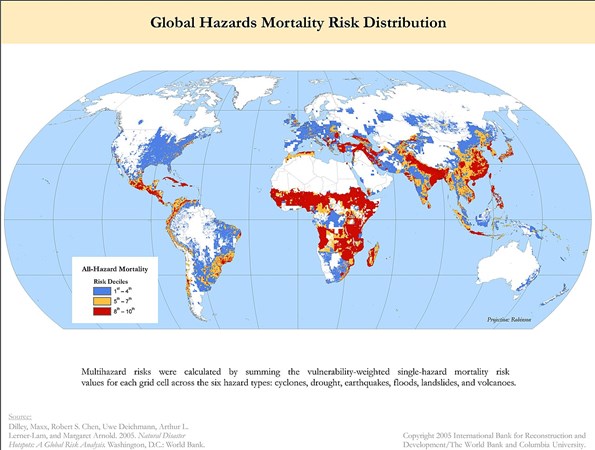“We know that the whole creation has been groaning as in the pains of childbirth right up to the present time.”
St. Paul’s Epistle to the Romans Ch 8 Vs 22
The tragedy that has unfolded following the earthquake in Turkey in the early hours of Monday 6th February has been truly terrible to behold. Tens of thousands dying slowly in unimaginably awful conditions, buried under tons of rubble in the darkness and cold; hundreds of thousands injured and homeless, and mourning the loss of family and friends.
Why do we continue housing such large numbers of people in known earthquake zones? Can we not learn the lessons of the past and of science? It's not just Turkey which puts so many at risk: even in California, home to so many brilliant minds, they are prepared to overlook the massive damage threatened by the movement of tectonic plates.
In so many areas we need to become much better at learning from both science and the past, and to change accordingly for the future. But still we live in the present: whether it's natural disasters, climate change, economic or social injustice, we are so slow to think ahead, and so willing to discount the future as someone else’s problem.
Our short-term outlook is of course fostered by the very limited time span of democratic politics and indeed the duration of political authority. For this reason, it can be very helpful if it is steered by a constitution which embodies guiding principles throughout all generations. The United States has been fortunate to be blessed with a written constitution which concentrates the mind on the longer term, while the United Kingdom’s unwritten constitution is framed by an assortment of individual initiatives collated over the centuries.
An example of how constitutional principles can help identify inadequate law-making is portrayed in the recent film about Ruth Ginsburg, ‘On the Basis of Sex’, illustrating how she used the constitutional principle of equality to overturn gender discrimination laws.
If we are to cope better with change and disaster in the future, we need to embody more core principles within our constitutional framework, and to consider how they could be extended on an international basis. On 14th November our commentary ‘Empowering the United Nations’ argued for increasing the democratic legitimacy of its global oversight; but arguably constitutional principles should also be enshrined at that global level, leaving individual member countries to interpret them in local legislation.
The core principles themselves should certainly be expanded to include care for our planet into future generations, thus addressing the huge challenge of climate change. They should also include suitable caveats to address the suffering caused by known natural disasters, such as earthquake zones.
However, there should also be enhancement to the socio-economic principles set out by Thomas Jefferson and his colleagues. This would require that the self-evident truths of which he spoke — ‘that all are created equal, that they are endowed by their creator with certain unalienable rights, and that among these are life, liberty, and the pursuit of happiness’ — would operate inter-generationally into the future, using the human cycle of life to provide continual adjustment towards a more egalitarian form of capitalism.
This constitutional principle could then steer legislation for inheritance levies in order that deductions made on the assets built up by private individuals for the future should be earmarked (hypothecated) for empowering young people from disadvantaged and low-income backgrounds.
A recent OECD booklet ‘Inheritance Taxation in OECD countries’ enables us to review the low starting point for introducing such principles for the benefit of generations to come. There is no comment on hypothecation in this summary, and the wide variation in rates indicates no conscious effort towards instilling the principle of inter-generational fairness.
It is, however, heartening to see the world community, including both sides of regional conflicts, coming together to provide relief for Turkey and Syria. At least it shows that compassion in the face of natural disaster can to a certain extent eclipse international tensions and conflict.
It's just under twenty years since we witnessed another massive natural disaster, the Indian Ocean tsunami. Such events as these can challenge the faith of those who believe in a creator who is both perfectly good and almighty, since the suffering of so many innocent people asks how such things can happen in a perfect creation.
This challenged me for many years, and resulted in my clear understanding that creation was not a ‘once and for all’ event, but a continuing process. This is explained at greater depth in our recording ‘Love at the Cutting Edge’ and, for those listening on Share Radio or from its podcast library, it continues from here. For those listening on Spotify or other podcast channels, please listen to ‘Love at the Cutting Edge’.
Gavin Oldham OBE
Share Radio


